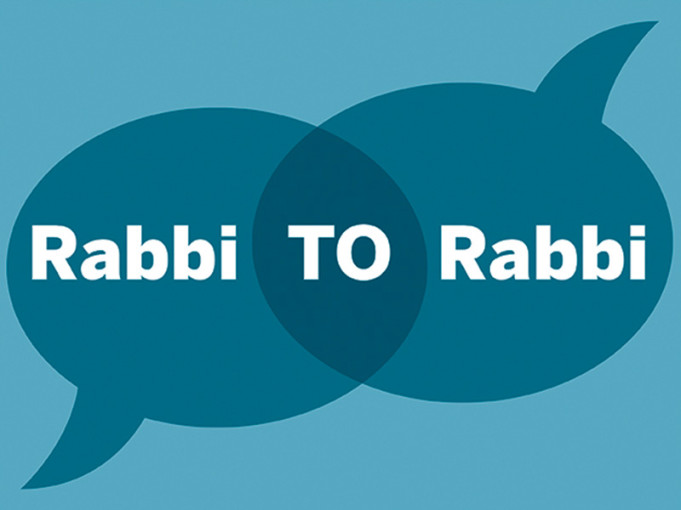The prohibition against making use of the Chanukah candles’ light sparks an ancient
debate about whether mitzvot can truly be performed without the promise of reward.
Rabbi AVI Finegold
FOUNDER, THE JEWISH LEARNING LAB, MONTREAL
Rabbi PHILIP Scheim
BETH DAVID B’NAI ISRAEL BETH AM CONGREGATION, TORONTO
Rabbi Scheim: The traditional declaration of Hanerot Halalu (“these lights”), recited after each Chanukah night’s candlelighting, reminds us that we are not permitted to make use of the candles’ light. Rather, we are permitted just to look at them, in order to give thanks and praise God’s great name. Thus, unlike Shabbat candles, which are intended to add to our Shabbat enjoyment by giving us added light, Chanukah lights cannot be used for any practical purpose. No tangible benefit can be derived from them.
There may be a message here that takes us far beyond the Chanukah candlelighting ceremony. So much of what we do is reward-centred. A colleague once suggested that we introduce “frequent davener points” in order to increase synagogue attendance, with the idea being that, at certain point levels, one could upgrade to a kohen or levi. How can we convey to our fellow Jews the importance of action, spiritual and otherwise, not for the purpose of reward or tangible benefit, but for the sake of the mitzvah alone?
Rabbi Finegold: It isn’t easy. The history of Jewish thought struggles with the same question. A mishnah we say every morning emphasizes the great reward for doing certain mitzvot, and the rabbis of the Talmud even have a debate whether any mitzvah can ever be done for its own sake (with one rabbi concluding he may have given tzedakah once in his life with the proper intention).
My observation is that the vast majority of well-meaning people perform mitzvot ben adam lachavero – mitzvot that relate specifically to other human beings – for the sake of doing the right thing, not because they might get something out of it themselves. I think what we need to focus on are God-centred commandments. Is going to minyan something you do just to honour a parent by saying Kaddish? Is it to get points with God (and a light breakfast)? Or do we do it because the regular practice can be transformative and God wants us to do it?
There is great potential in speaking to our communities about adopting mitzvot that otherwise may be forgotten because they have no apparent reason. Becoming attuned to the minutiae of a mitzvah can actually be good if it is done thoughtfully. Imagine if we did something daring and offered a shiur on the laws of Chanukah that extended down to the tiny points of Halachah often forgotten in more liberal communities. We could challenge our members to find some personal meaning in some of them. We might even begin to attune our communities to the role and value of the mitzvot themselves.
Rabbi Scheim: The prohibition against making use of the Chanukah lights beyond simply admiring them reflects the act of lighting the chanukiyah as pirsumei nisa (publicizing the miracle), proclaiming the miracle of Chanukah. The lights need no purpose beyond reminding us of the miracle of our continued presence in history. Thus, performing mitzvot throughout the year, reflecting the gamut that you describe, may or may not lead to specific advantages or benefits that we or others may realize.
Not making use of the lights of Chanukah may also remind us to embrace the minutiae of Jewish life for the simple sake of celebrating our place in the continuum of Jewish history. Jews of all ages, and most especially those with living memory of the Shoah, can readily embrace our ongoing existence as the true miracle of Chanukah.
Rabbi Finegold: I think the message that needs to be sent is that Chanukah candles aren’t enough to continue our Jewish presence. If people are looking for “mitzvah points,” they should be aware that we have made it this far on much more than just Chanukah candles. The entire range of Jewish life and practice is what has sustained us.
Sometimes, certain practices mean more to certain eras and cultures, but it is only when we do not let go of all the practices that we have the entire spectrum to draw on. We are not permitted to derive benefit from many of our laws, but they all sustain us.
